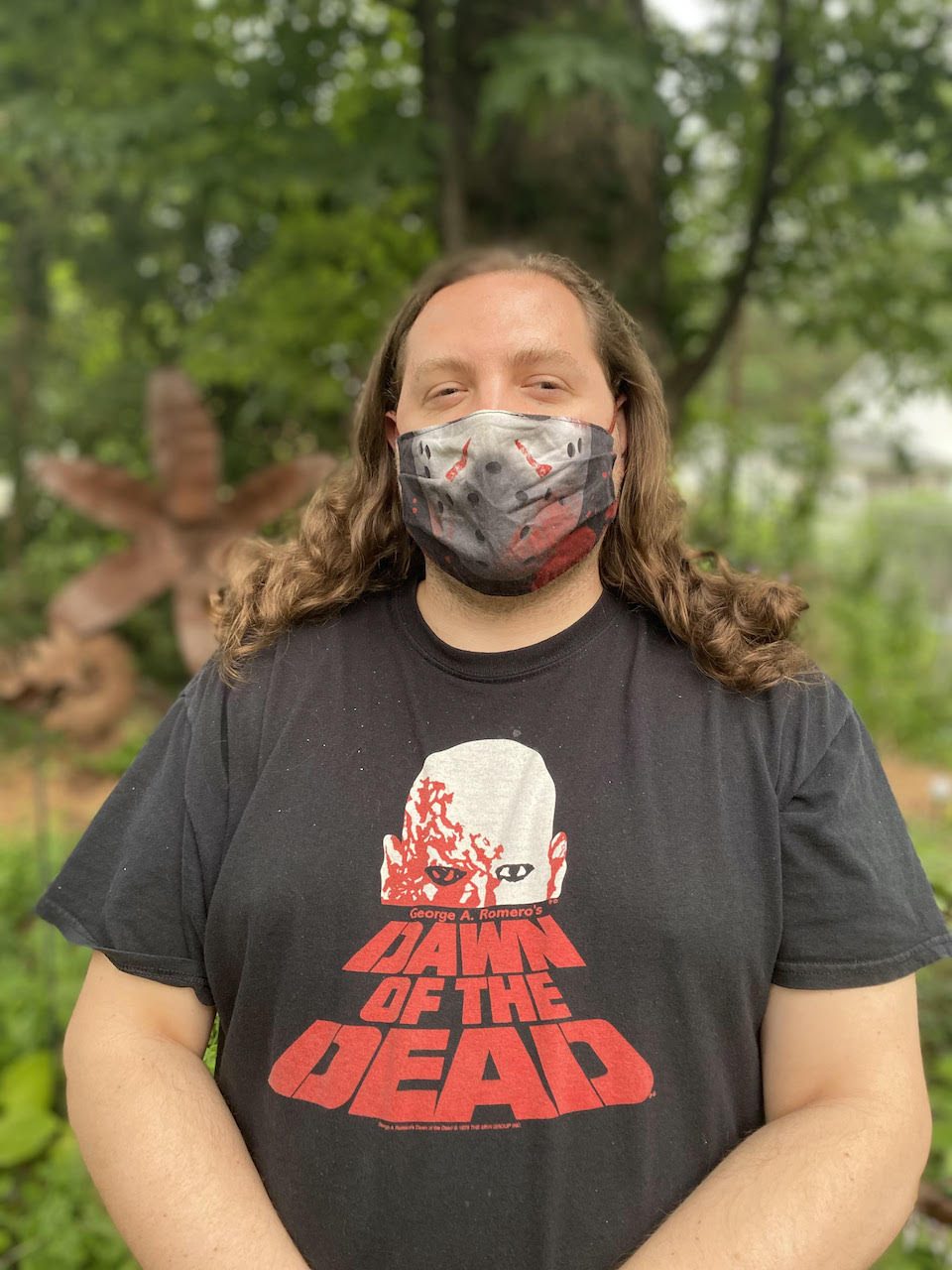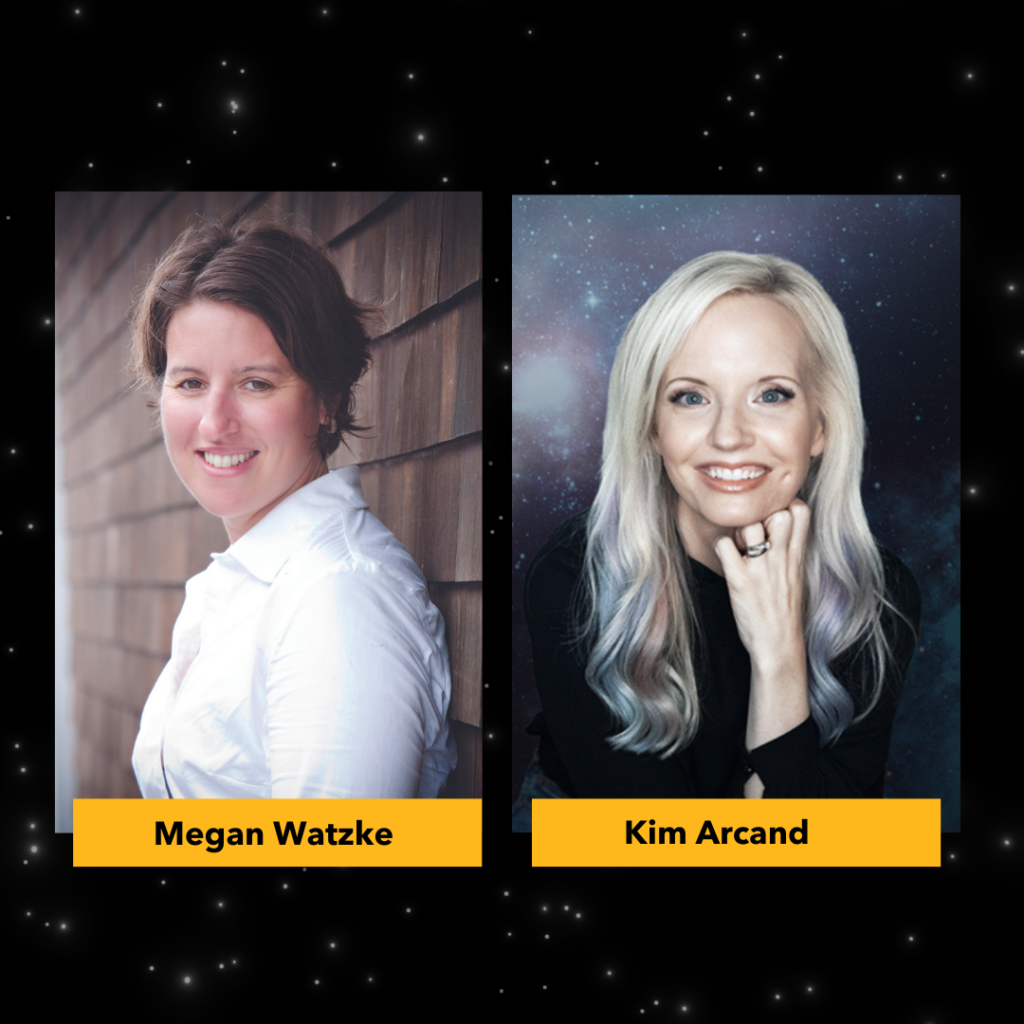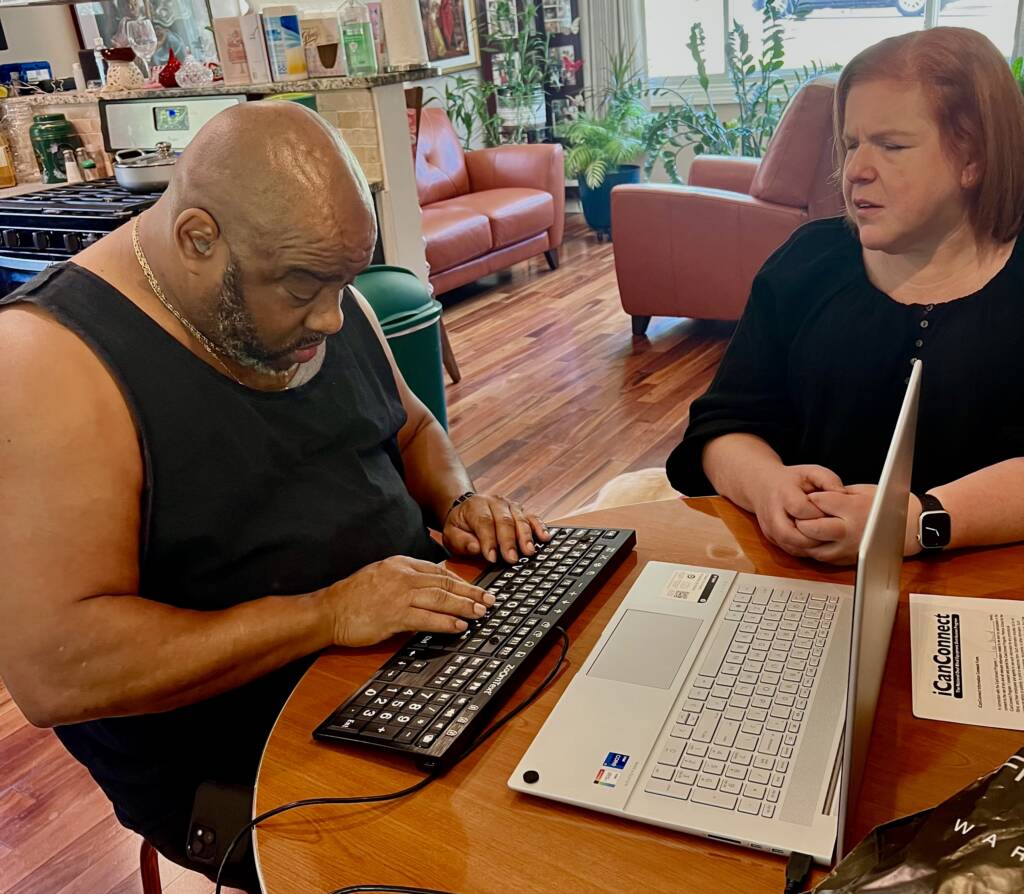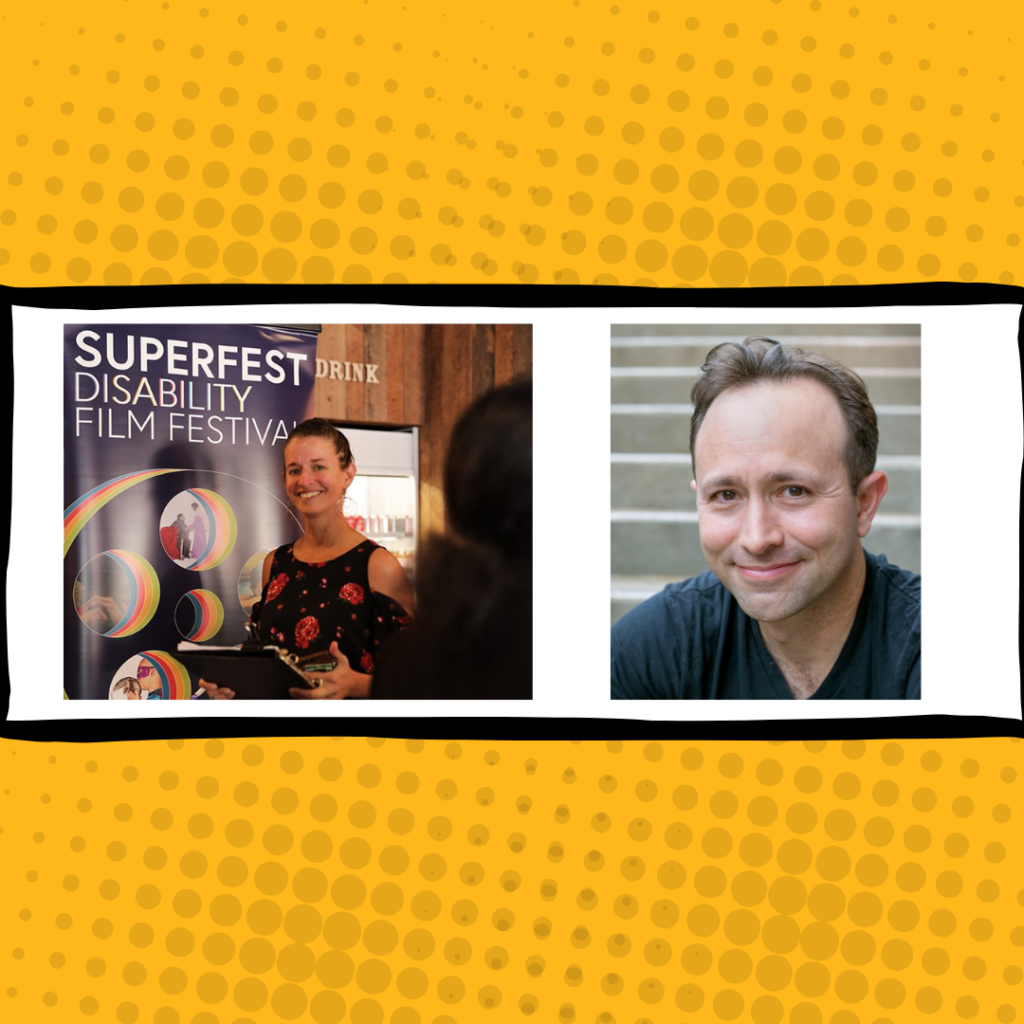Like a werewolf, my life been a story of transformations. From a poor visually impaired kid in a Pennsylvania steel mill town afraid he would never achieve anything, into a man whose life is full of purpose and meaning. From a boy who tried to pass as sighted, afraid of who he was, into a man ferociously declaring his blindness. I’ve done many things my younger self would not have believed possible.
I have a PhD in English literature and Disability Studies. I have published and presented my research around the world. I have a job in Disability Services. And I have a podcast called Freaks & Psychos: The Disability in Horror Podcast, a show that brings knowledge of Disability Studies to representations and themes of disability to a popular genre that I love.
Blind Transformations — From Deficit to Difference
If I wasn’t blind, I don’t think that I would be motivated to do all these things. When my thinking about blindness shifted from deficit to difference, I started to view my life through the social model of disability, which views disabilities as products of barriers and prejudices. That recognition changed me in profound ways, like a man struck by moonlight, turned animalistic, made new.
Freaks & Psychos allows me to bring academic concepts to a non-academic audience: horror fans. So far, folks have been receptive. The show has listeners in 27 countries and 45 U.S. states. I have interviewed incredible guests, such as Angela M. Smith, disability studies scholar, to discuss Freaks; Kristina Arntz, a visually impaired actress, to discuss Don’t Breathe; literary and film critics Matthew Connolly and Joshua T. Anderson, to discuss slashers and werewolves; and various other friends and fans. Some of them live with disabilities or have loved ones who do.
From Representation to Access
I love sinking my teeth into stories. They allow me to imagine the world otherwise. Horror and Disability Studies both value the stories of those who are different, and that’s why both have been empowering. They also give me the tools to know when representations fail us. Many blind characters in literature and film fall into tropes and stereotypes. There’s the terrorized blind woman (Wait Until Dark), the blind psychic who sees what others can’t (Tiresias of Greek myth), and the bitter cripple (Scent of a Woman).
But horror films can also defy stereotypes, as in Don’t Breathe, a 2016 movie that pits a blind man (and his guide dog) against a trio of thieves. I find it intriguing because we don’t get too many blind villains. Still, the character is portrayed by a sighted actor (Stephen Lang), who does a great job, but took that role from a blind actor. The conversation ultimately comes down to access. We must not only strive to tell better stories, but also demand that these stories are told by blind people.
We must also work to make media more accessible. My podcast’s next episode covers audio description, an accessibility feature little-known outside of the blind community. I interviewed Liam Leonard, a described video writer for a Canadian media company, about the rewards and challenges of writing audio description for horror movies. Shudder, the premier streaming service dedicated to horror, does not have audio description for its content. Inquiries have yielded the lackluster “We’ll look into it” response. Looks like a letter writing campaign is in order!
My blindness has linked me with amazing people and allowed me to connect my two passions—disability advocacy and horror! When we think of blindness as a full moon, a source of primal power and transformation, it wakes us to our possibilities. Embrace the freak, the werewolf, the outsider who is not really outside. Because for the willing—as in that infamous Tod Browning movie Freaks—there is always a place at the table. It is up to you whether to accept it.
About the Author
Andrew Sydlik lives in Columbus, Ohio and works in Disability Services at Otterbein University. Legally blind, his personal experiences inform his advocacy. He hosts Freaks & Psychos: The Disability in Horror Podcast, a show that brings his knowledge of Disability Studies to a popular audience by looking at representations of and themes of disability in the horror genre.
He graduated with a PhD in Disability Studies and English Literature from the Ohio State University. His analysis of blindness in Denis Diderot’s Letter on the Blind and Royall Tyler’s The Algerine Captive appears in Current Objectives of Postgraduate American Studies, and his discussion of John Milton’s blindness and its influence on his poetry appears in Wordgathering, a journal for disabled authors. He is currently working on essays about disability and trauma in rural horror and disability in the sci-fi/horror television series The X-Files.
Andrew also writes fiction and poetry, some of which explores his own disability experience being legally blind. His work has appeared in Disability Experiences (Layman Poupard Publishing), Wordgathering, Grasslimb, Albeit, The Were-Traveler, Grey Sparrow, The Corner Club Press, The Holiday Café, Taproot Literary Review, The Shine Journal, Bewildering Stories, and the anthology Come Together, Imagine Peace (Bottom Dog Press).



